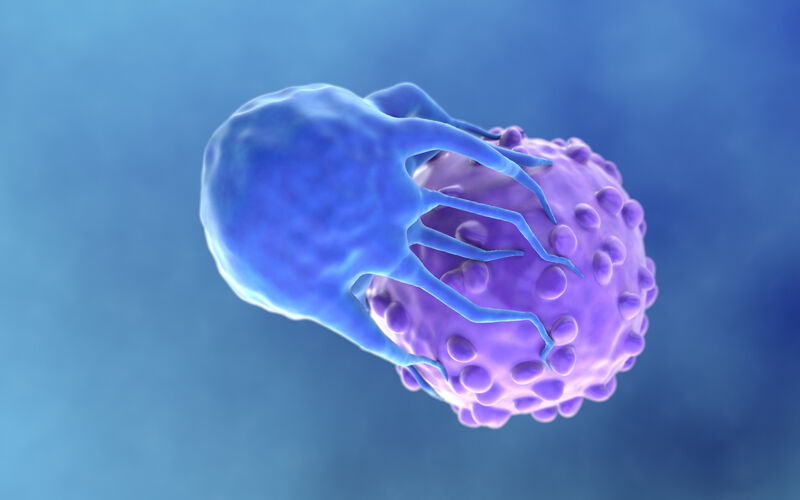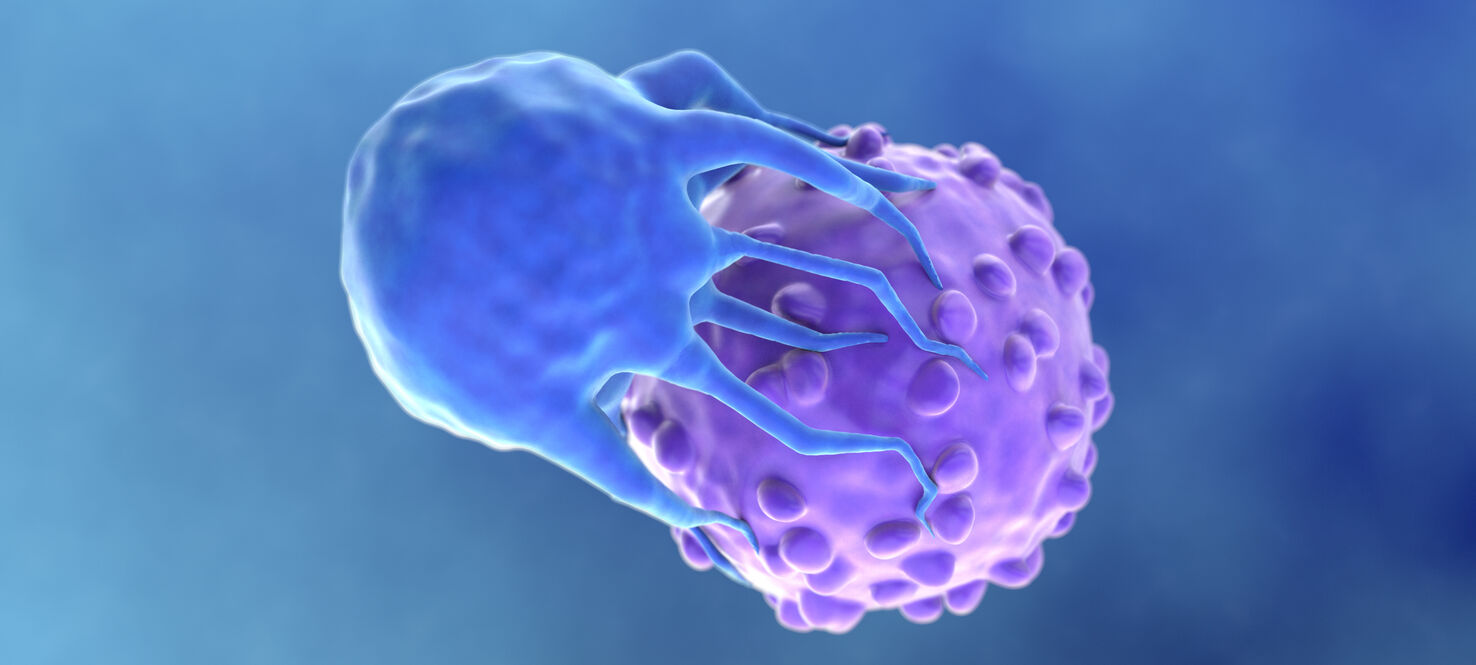Can Immunotherapy Spare Certain Patients From Surgery?
Treating early stage mismatch repair-deficient (dMMR) cancers with the immune checkpoint inhibitor dostarlimab led to complete tumor clearance and allowed most patients to avoid surgery, according to preliminary results from a phase 2 trial presented at the 2025 American Association for Cancer Research Annual Meeting.
Adjuvant immunotherapy, directed by ctDNA status, can clear minimal residual disease in patients with DNA mismatch repair-deficient solid cancers, according to results presented by Yelena Janjigian, MD: https://t.co/U55DO66uQp #AACR25 @YJanjigianMD @MSK_DeptofMed @MSKCancerCenter pic.twitter.com/sWEFDBNxNW
— AACR (@AACR) April 27, 2025
The findings suggest that neoadjuvant immunotherapy could replace surgery for many patients with dMMR solid tumors, regardless of cancer type. DMMR cancers occur when the DNA repair system isn’t functioning correctly, leading to more mutations and increased sensitivity to immunotherapy. They can occur in various types of tumors, most commonly colorectal, endometrial and gastrointestinal cancers.
The study, led by researchers at Memorial Sloan Kettering Cancer Center, looked at 103 patients with stage 2 to 3 resectable dMMR cancers, including rectal, gastroesophageal, hepatobiliary, genitourinary and gynecologic cancers. Patients received dostarlimab for six months. Those who achieved a clinical complete response could choose to skip surgery and additional treatment.
All 49 patients with rectal cancer achieved complete clinical responses, extending previously reported results. Among patients with nonrectal cancers, 65% also achieved complete clinical responses. Of the 84 patients across both groups who experienced complete responses, 82 chose to forgo surgery.

Tiago Biachi, MD, PhD
“This study is very important and extrapolates the same approach previously used in rectal cancer in other dMMR solid tumors,” said Tiago Biachi, MD, PhD, a gastrointestinal oncologist at Moffitt Cancer Center. “However complete response was achieved in 65% of cases and it is paramount to understand how we can recognize these patients to avoid delaying curative surgery in ‘nonresponders.’”
The study also found that lower levels of circulating tumor DNA during treatment were associated with a greater likelihood of complete tumor clearance. However, some patients with significant tumor shrinkage did not achieve complete response after six months, suggesting that longer or additional therapy may be beneficial in some cases.
Among the rectal cancer cohort, 92% of patients remained disease free two years after treatment, with some complete responses lasting as long as five years.
Limitations of the study included the small sample size for individual tumor types, the single-institution setting and limited long-term follow-up for nonrectal cancers.
“This study represents a huge step forward in organ-preservation for patients with dMMR solid tumors, mainly gastrointestinal malignancies whose surgery are usually debilitating,” Biachi said. “On the other hand, we need to understand how to follow patients treated with nonoperative management because reassessment and surveillance is more challenging in hepatobiliary pancreatic tumors compared to rectal, for example.”




